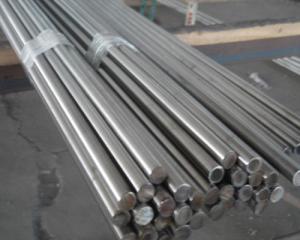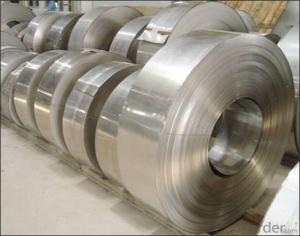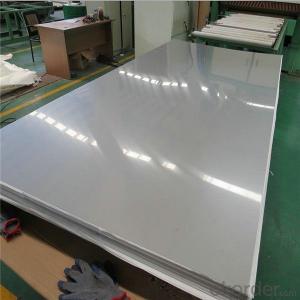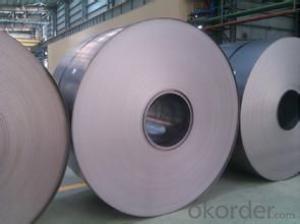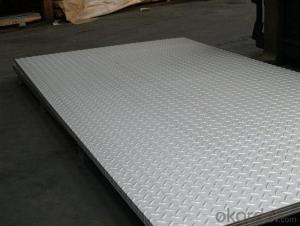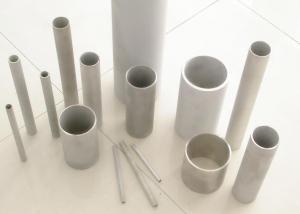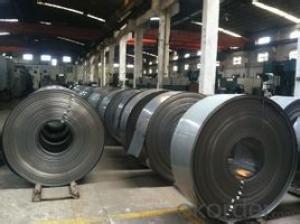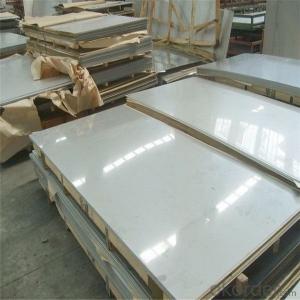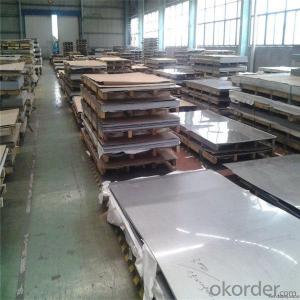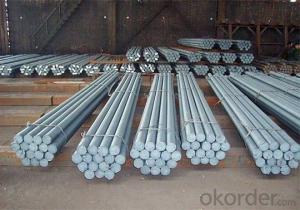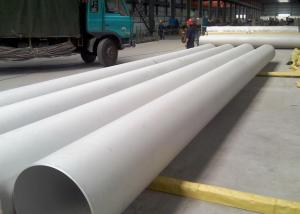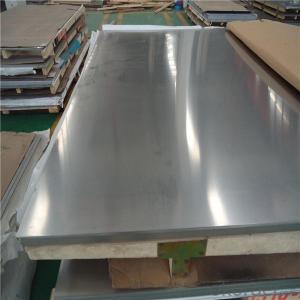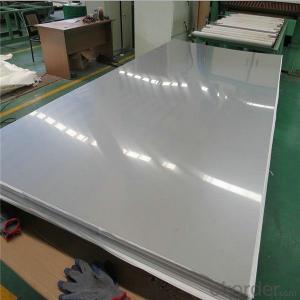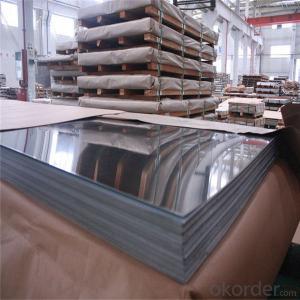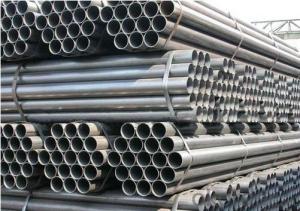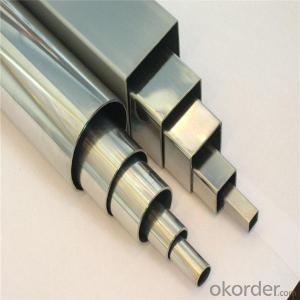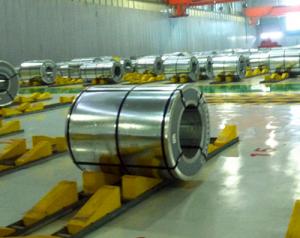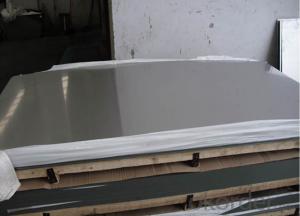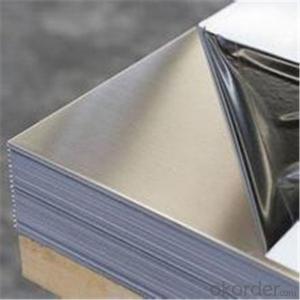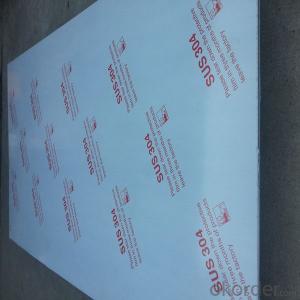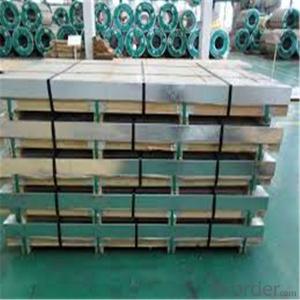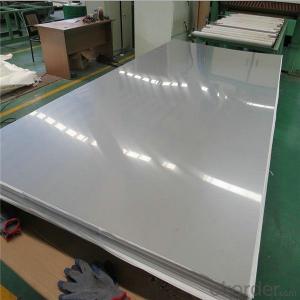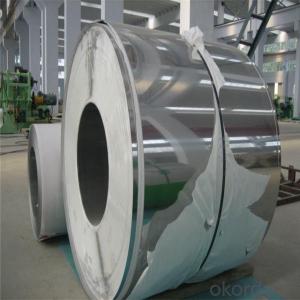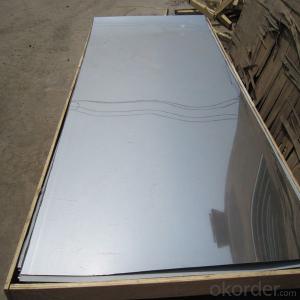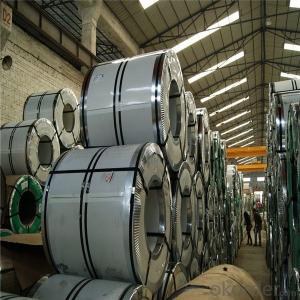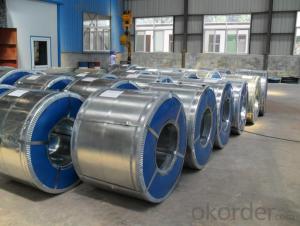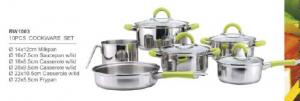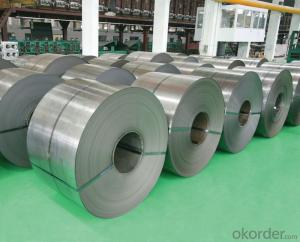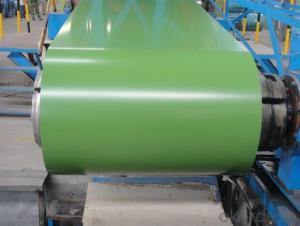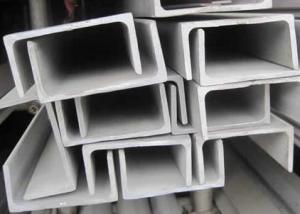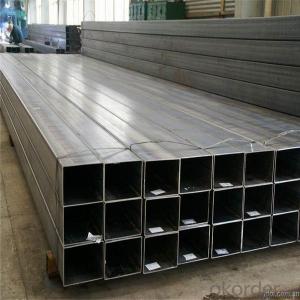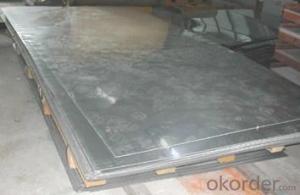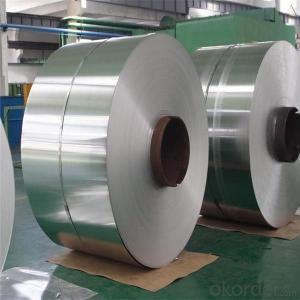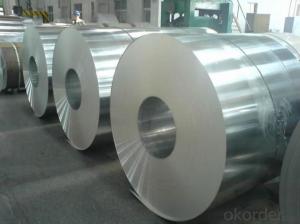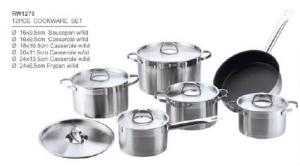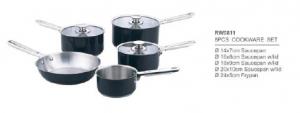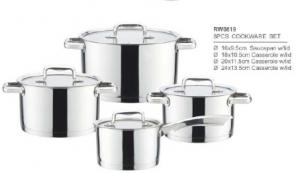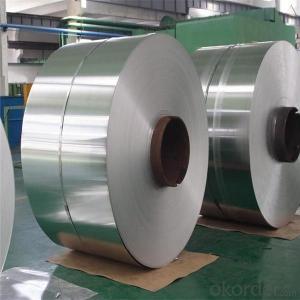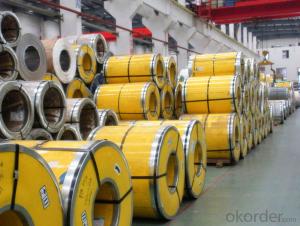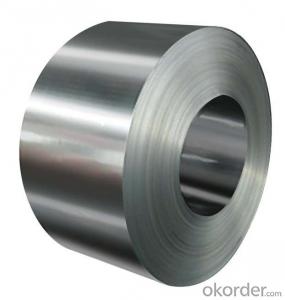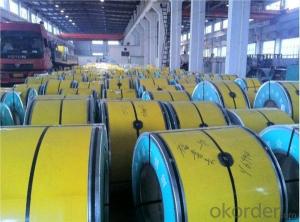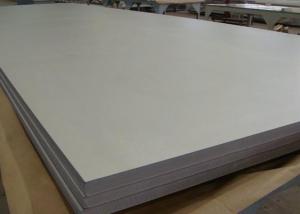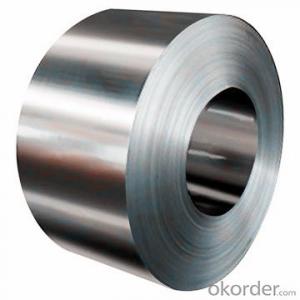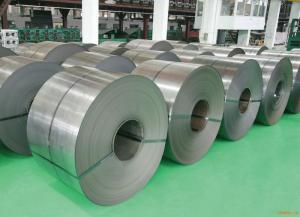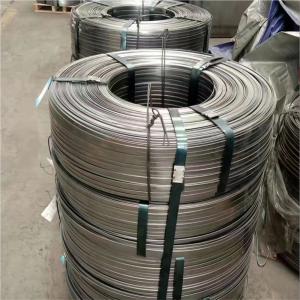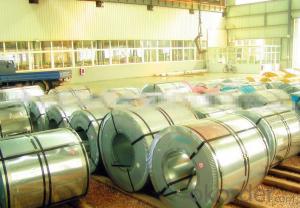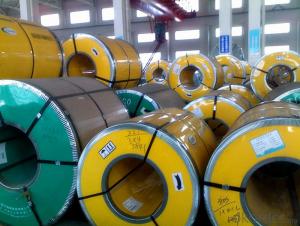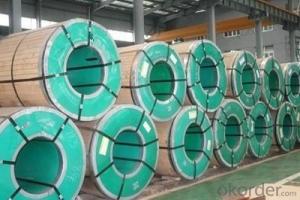321 Stainless Steel
321 Stainless Steel Related Searches
431 Stainless Steel 301 Stainless Steel 201 Stainless Steel Type 316 Stainless Steel Stainless Steel 316 330 Stainless Steel 316 Grade Stainless Steel 310 Stainless Steel 317 Stainless Steel 410 Stainless Steel 316l Stainless Steel Stainless Steel 316l 300 Stainless Steel 420 Stainless Steel 347 Stainless Steel 305 Stainless Steel 316 Stainless Steel Sheet 316ti Stainless Steel Stainless Steel 420 400 Stainless Steel Type 304 Stainless Steel 430 Stainless Steel 316 Stainless Steel Tubing 360 Stainless Steel Grade 304 Stainless Steel 3 16 Stainless Steel 302 Stainless Steel 304 Grade Stainless Steel 304l Stainless Steel 300 Series Stainless Steel321 Stainless Steel Supplier & Manufacturer from China
321 Stainless Steel is a type of austenitic stainless steel that is known for its excellent resistance to intergranular corrosion and high-temperature strength. This alloy is often chosen for its ability to withstand harsh environments and maintain structural integrity, making it a popular choice for various industrial applications. The product's composition includes a higher amount of titanium compared to other stainless steels, which helps to prevent the formation of chromium carbide at the grain boundaries, thus enhancing its overall corrosion resistance.321 Stainless Steel finds its usage in a wide range of industries, including chemical processing, petrochemical, and aerospace. Its ability to withstand high temperatures and resist scaling makes it ideal for use in heat exchangers, furnace parts, and other equipment that operates under extreme conditions. Additionally, it is commonly used in applications where the material may be exposed to continuous high-temperature service, such as in the production of chemicals, pharmaceuticals, and food processing.
As a leading wholesale supplier, Okorder.com offers a comprehensive inventory of 321 Stainless Steel products. We pride ourselves on providing high-quality materials at competitive prices, ensuring that our customers receive the best value for their investment. Our extensive stock allows us to cater to various project requirements, from small-scale to large-scale industrial applications. By partnering with Okorder.com, customers can expect prompt delivery, reliable service, and access to a diverse range of 321 Stainless Steel products to suit their specific needs.
Hot Products
